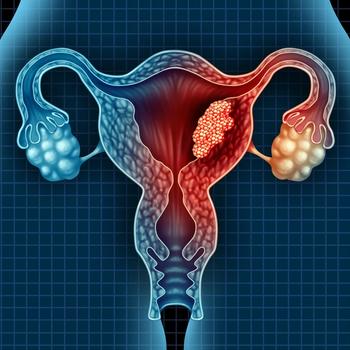
A significant survival improvement was observed among patients with dMMR carcinomas who received atezolizumab/chemotherapy.

Your AI-Trained Oncology Knowledge Connection!


A significant survival improvement was observed among patients with dMMR carcinomas who received atezolizumab/chemotherapy.

T-DXd showed a consistent duration of response advantage vs THP regardless of prior treatment and mutational status among HER2+ breast cancer subgroups.

Data from the INTERCEPT study support ctDNA clearance as a useful end point for potential benefit in studies assessing novel therapeutics.

Data from OptiTROP-Breast02 support sac-TMT as a new treatment option for those with hormone receptor–positive, HER2-negative breast cancer.

Capivasertib plus abiraterone shows consistent benefits across clinical end points in the phase 3 CAPItello-281 trial.

Data from IDeate-Lung01 reveal a disease control rate exceeding 90% with infinatamab deruxtecan.
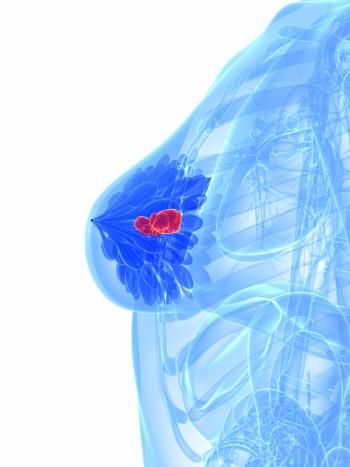
Although the ORR was similar among patients treated with sacituzumab govitecan vs chemotherapy for TNBC, the DOR was higher with sacituzumab govitecan.
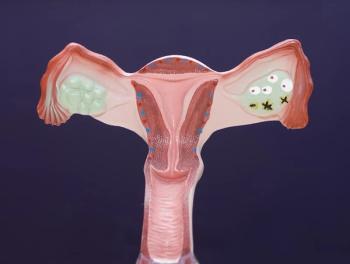
Data from the NAPISTAR1-01 study showed enduring benefit with TUB-040 among those with platinum-resistant high-grade serous ovarian cancer.

An analysis of baseline PROs in patients with solid tumors found younger female patients experiencing the lowest emotional function scores compared with older male patients.

Gedatolisib enhanced PFS in advanced breast cancer, showcasing significant benefits when combined with fulvestrant and palbociclib.

Enfortumab vedotin plus pembrolizumab enhanced survival rates for patients with muscle-invasive bladder cancer not eligible for cisplatin chemotherapy.
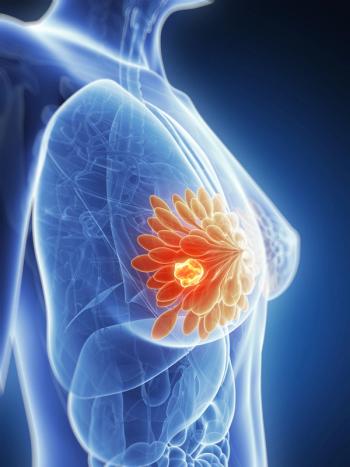
T-DXd followed by THP is more effective and less toxic than dose-dense doxorubicin and cyclophosphamide then THP in this breast cancer population.

The SKYSCRAPER-03 trial revealed that tiragolumab plus atezolizumab failed to improve progression-free survival compared with durvalumab in NSCLC.

Cemiplimab showed comparable rates of second primary tumors and improved disease-free survival in high-risk cutaneous squamous cell carcinoma patients.

T-DXd significantly improved iDFS compared with T-DM1 across various patient subgroups in high-risk, HER2-positive primary breast cancer with residual invasive disease.

Nine-year final results from the CheckMate 238 trial demonstrated that adjuvant nivolumab significantly improved time to second disease progression.

Results from the phase 3 KEYNOTE-B96 trial showed favorable results with pembrolizumab-based therapy in this ovarian cancer population.

Data from DeLLphi-304 support the use of tarlatamab as a standard of care for all patients with second-line small cell lung cancer.

BNT111 combined with cemiplimab showed promising efficacy in treating PD-(L) PD-L1-relapsed/refractory melanoma, achieving an 18.1% objective response rate.

ITM-11 showed superior PFS and ORR compared with everolimus in patients with gastroenteropancreatic neuroendocrine tumors.

Tarlatamab plus chemo/IO showed a 71% objective response rate and promising safety for patients with ES-SCLC in the DeLLphi-303 study.

Giredestrant plus everolimus doubled the ORR and prolonged the DOR in patients with ER-positive, HER2-negative advanced breast cancer previously treated with a CDK4/6 inhibitor.

The AFSOS-Unicancer QUALIOR study did not meet its primary end point among patients with metastatic cancer.
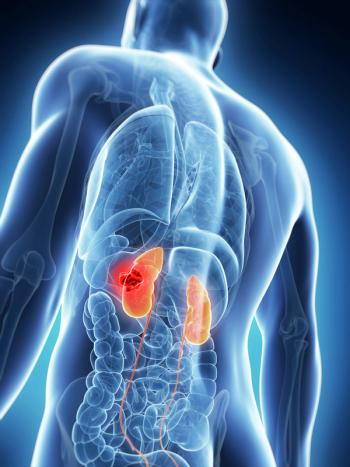
Fruquintinib plus sintilimab significantly enhanced PFS in advanced RCC offering a promising second-line treatment option.

Pimicotinib shows promising long-term efficacy and safety for treating tenosynovial giant cell tumor, offering significant patient benefits in a recent trial.
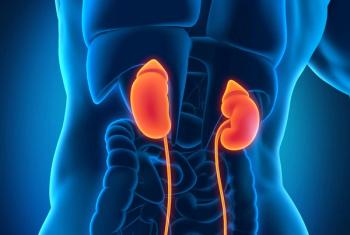
Lenvatinib and everolimus significantly enhanced progression-free survival in metastatic clear cell RCC compared with cabozantinib, despite higher toxicity rates.

Osimertinib plus chemotherapy significantly improved overall survival in EGFR-mutated NSCLC, outperforming monotherapy across various prognostic factors.

Updated results from SunRISe-4 support further investigation of the gemcitabine intravesical system plus cetrelimab in MIBC.

A numerically greater response rate with regorafenib/nivolumab may encourage a search for more non-chemotherapy combinations for gastric cancer.

Adjuvant ribociclib plus aromatase inhibitors significantly improved invasive disease-free survival in early breast cancer, as shown in the NATALEE trial.